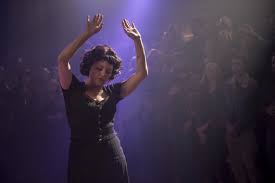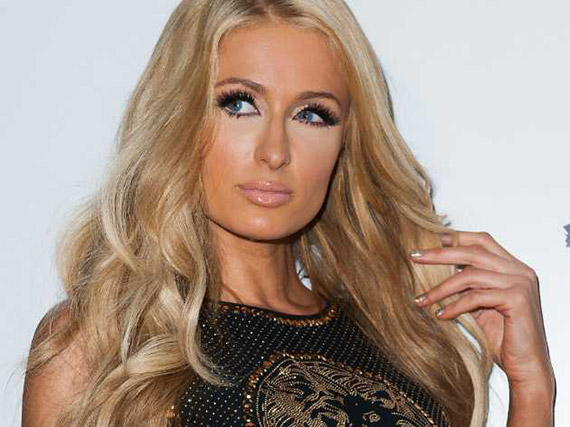
During the Kavanaugh hearings, I started wondering where I had gotten the message, as Dr. Blasey Ford did, that I should keep quiet about sexual misconduct, that I should never ruin someone’s life by making a big deal about a sexual assault. I remembered where: it was at the dinner table.
My dad was a white liberal, a card-carrying member of the ACLU, outspoken about racial equity. He enthusiastically supported my feminist mom’s activism. A lawyer, Dad usually worked later than 6 o’clock, our dinner time. Usually when Dad had dinner with us, I set the dining room table, priding myself on being able to carry four glasses at once. It was fun when he ate with us: we played “guess where I had lunch” with him, for example, or went around the table telling jokes. Often a dictionary or an atlas ended up on the table with our meatloaf and celery sticks. He was genuinely interested in the thoughts and lives of his two children, making us feel smart and respected. He had very good manners, but he didn’t monitor ours, and in general, he didn’t rigidly state or enforce rules. So he passed down an expectation, not easy to live up to, that the dinner table would be an engaging, fun place to share food and ideas.
But he also passed down other things. One night, Dad had just heard a story that really disturbed him. A man he knew had been falsely accused of sexual misconduct. This man had lost his reputation as a result. The man had also had other things happen to him that made Dad feel very sorry for the man. His judgment about the female who made the accusation was that she had done something very, very wrong, because her mere accusation had ruined a man’s life. (Since my mother was a vocal feminist, it’s likely that she pointed out the rarity of false rape allegations, but I don’t remember that.)
What I heard and internalized is that telling on people who do sexual things to you that you don’t want is bad. It was wrong to accuse someone of sexual misconduct. I’m not sure how old I was at the time of that pronouncement (probably between 11 and 13). Before high school, I experienced at least six incidents of sexual misconduct. I never voluntarily told my parents about any of them (The police came to interview me once after someone else told her parents). Once, when many girls in my 6th grade class were harassed, we wrote a group letter, which the teacher publicly discredited. I usually told no one. I broke the rule once in high school, but only because I was worried about another girl. I told my mother what had happened, and she took me very seriously, talked with me about how to proceed and then talked to the perpetrator’s mother.
I don’t know why my father told that story. In telling it, he put the accused man at the center, leaving the victim’s views and circumstances on the fringes. He equated a ruined life with a lost reputation, not with the end of safety that assault victims have or the LOSS of life that could have resulted if accused man were black. He also readily assumed that the accusation was, in fact, false. Have I mentioned that he was probably the best dad in the world? But he made a mistake as my father and as a community member. At that very time, a sexual predator was in our neighborhood, and Dad’s story, or at least the way I interpreted it, ensured that I knew it was wrong accuse someone.
If he were alive and of sound mind, I would ask him about this. I believe he would regret it. I’m sharing the impact of my father’s story here in hopes that you will. Please be clear and specific when you talk about sexual assault in any form. Take some time, maybe, to follow up, revisit the topic later, or encourage questions. I formed a code of conduct from his story, but I really believe my father would not have wanted me to live by those words.




 I figure some of you may not want the most recent, expensive hardcover new releases for the readers on your holiday list. So here are some of my recommendations.
I figure some of you may not want the most recent, expensive hardcover new releases for the readers on your holiday list. So here are some of my recommendations.